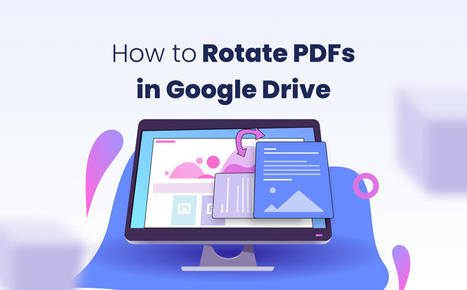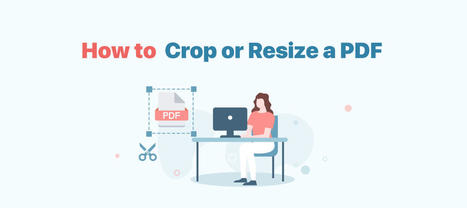Combining PDFs into one document is conducive to data sharing, document management, and printing. Read this article to figure out how to merge PDF online.
Follow, research and publish the best content
Get Started for FREE
Sign up with Facebook Sign up with X
I don't have a Facebook or a X account
Already have an account: Login

 Your new post is loading... Your new post is loading...
 Your new post is loading... Your new post is loading...
|
|






![Complete Guide to Directly Write on a PDF [Online & Offline] | SwifDoo PDF | Scoop.it](https://img.scoop.it/aH9FoaIrS4OeUkwM62PcrTl72eJkfbmt4t8yenImKBVvK0kTmF0xjctABnaLJIm9)
![Complete Guide to Remove Password from PDFs [2021] | SwifDoo PDF | Scoop.it](https://img.scoop.it/J5yFXal_miIiiiGBq4UeSDl72eJkfbmt4t8yenImKBVvK0kTmF0xjctABnaLJIm9)
























